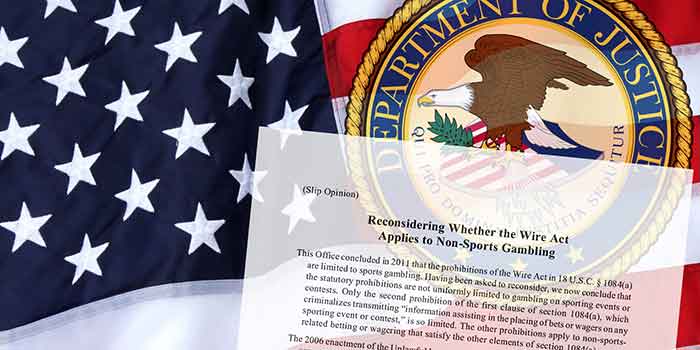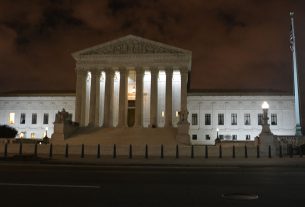Last Monday (January 14, 2018) the United States’ Department of Justice issued an opinion that effectively reversed its 2011 Memo that opined that the prohibitions of the Wire Act of 1961 were limited to sports betting. According to the department’s new opinion, the 2011 opinion was wrong, or rather, misinterpreted since, as it turns out, only one of the four parts of the Wire Act applies to the sports betting. The remaining three parts apply to all other forms of online gambling as well. The Wire Act of 1961 prohibits gambling business of any party affiliated to them from transmitting types of wagering-related communication electronically.
At face value, it may seem like a legislative minutia but the new opinion is bound to have significant effects on the online gaming industry. Even if it ends being contested and eventually reversed, again, it will still result in a significant delay in the rollout of online gaming laws in many states. Among the states that could be affected by the new ruling are Delaware, Nevada and New Jersey where online gambling has already been legalized. Their individual gaming industries are safe though and this because the new Department of Justice is primarily targeting the liquidity sharing partnership that the trio have been in for the past few years.
The biggest winners, in this case, seem to be the Coalition to Stop Internet Gambling that is backed by Sheldon Adelson, a billionaire casino magnate, and a major GOP donor. Adelson has long been opposing the establishment of online gambling industries and it has been speculated that his strong ties to the Trump administration are likely to have contributed to the DOJ opinion.
What Next?
As much as the Wire Act may be a big deal, industry experts are confident that federal prosecutors will hardly be able to shut down any online gaming operations if they use the Wire Act in the prosecution, at least in the near future. Apparently, the Department of Justice would first need to update its prosecution manual to include the new opinion – without this inclusion there cannot be a case. Furthermore, the prosecutors are aware of the fact that the 90-day grace period that was announced this week could be extended further thus delaying any legal action. Also, the Organized Crime and Gang Section (OCGS) could simply hinder efforts by the prosecutors to bring the charges if there is a feeling that the 90-day grace period is not sufficient enough to allow for reasonable compliance with the laws stipulated by the new opinion.
Regardless of how the saga plays out, several states have already indicated that they intend to fight for their rights to offer online gambling services in case any federal prosecutor tries to meddle. If history is anything to go by, the Supreme Court might end up ruling in favor of the states once again.



